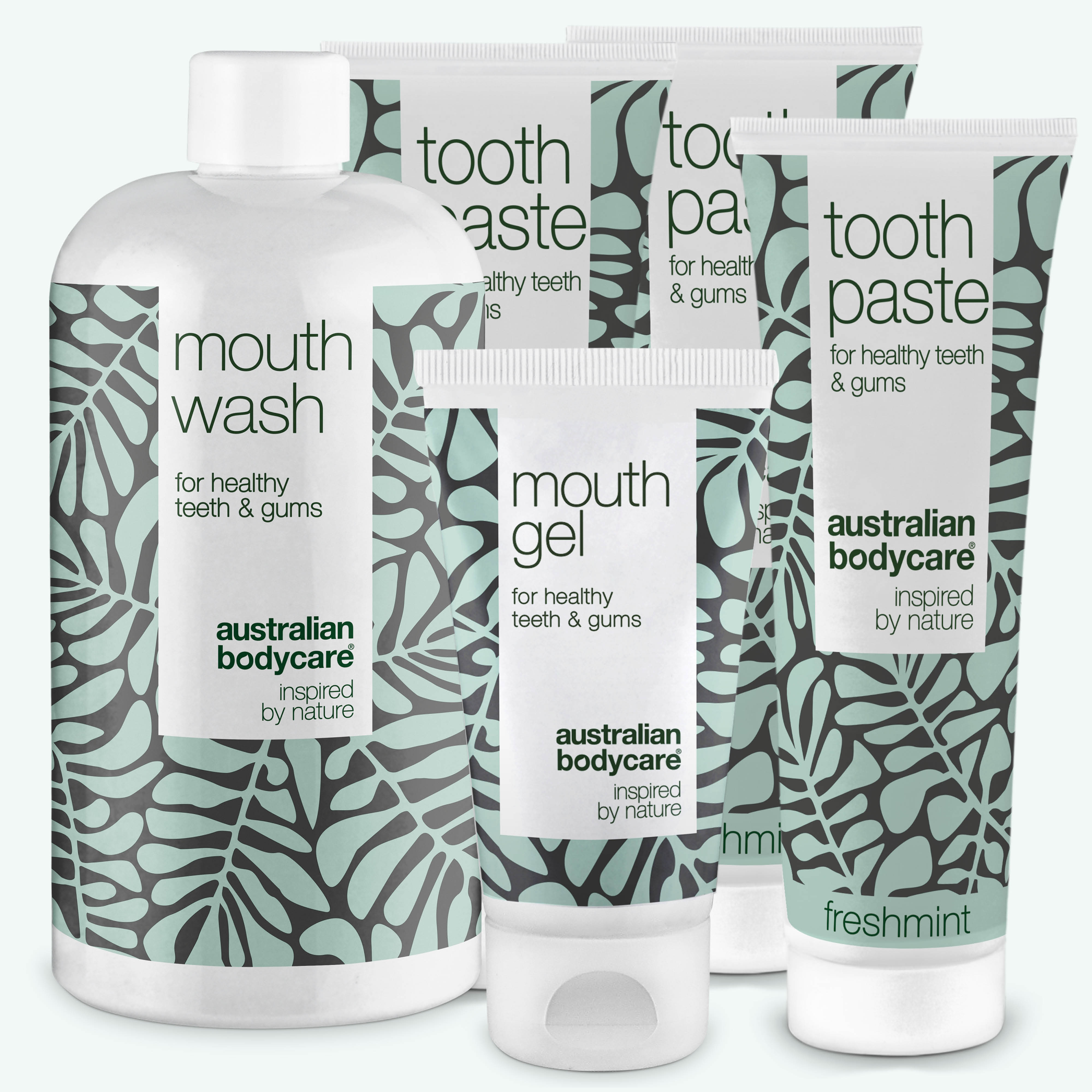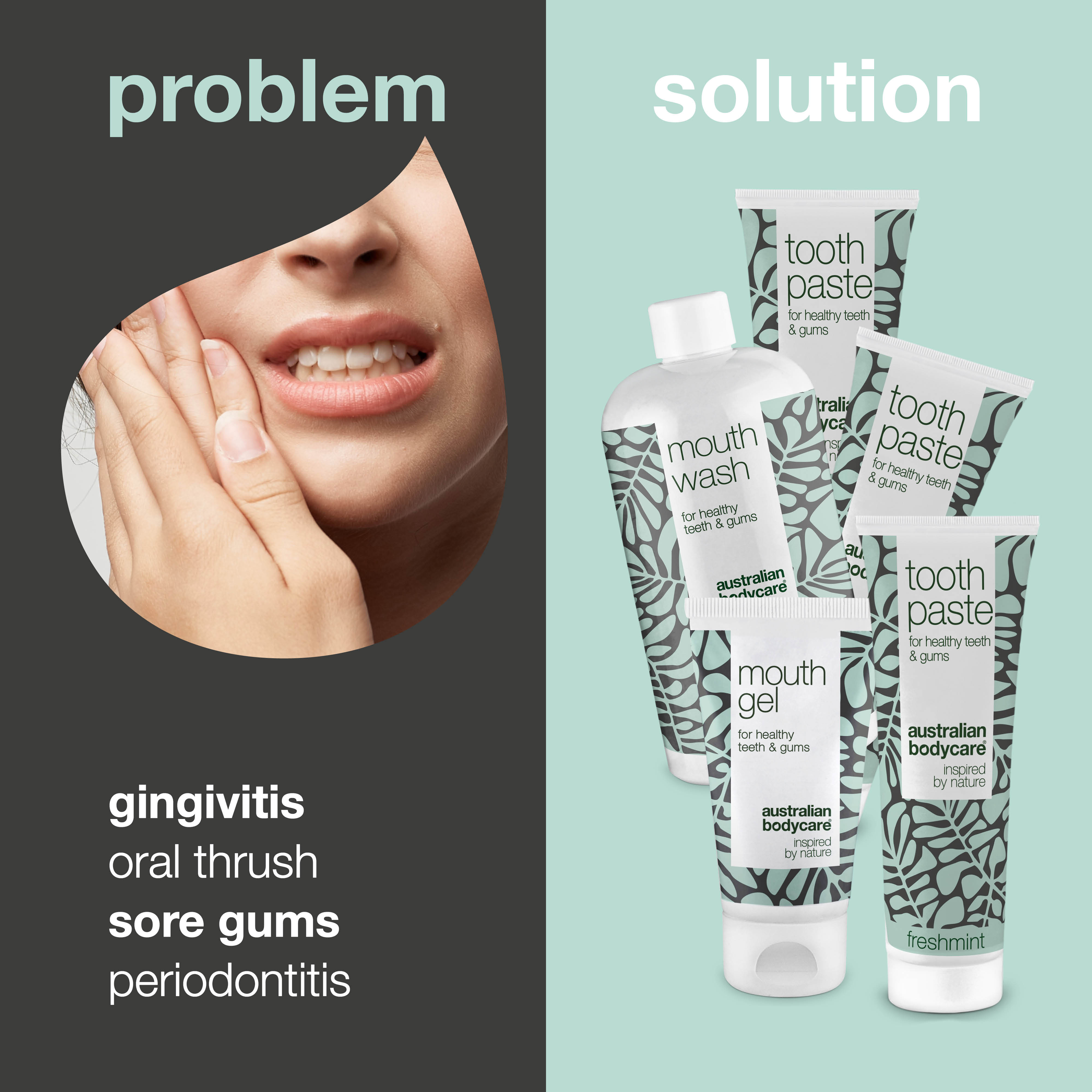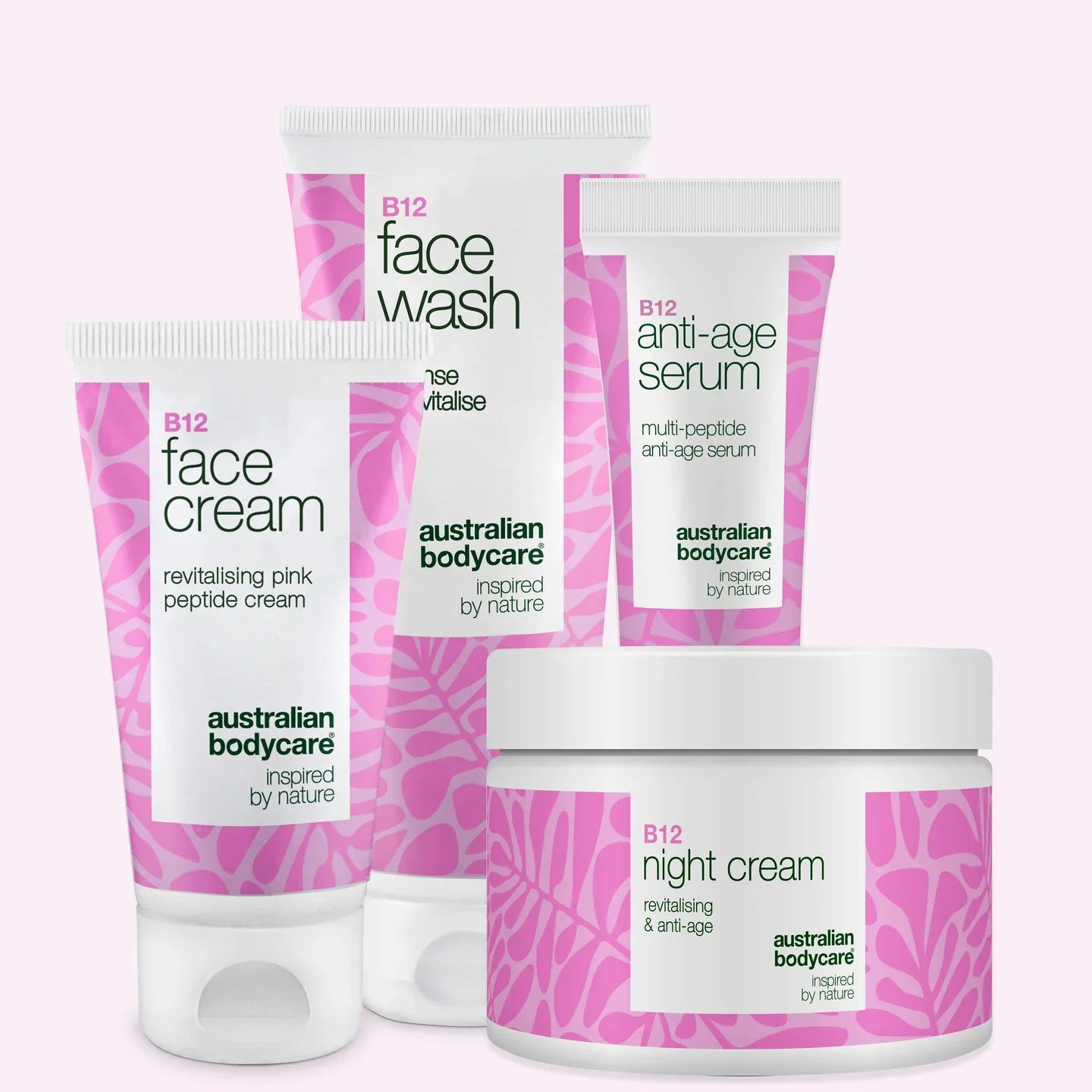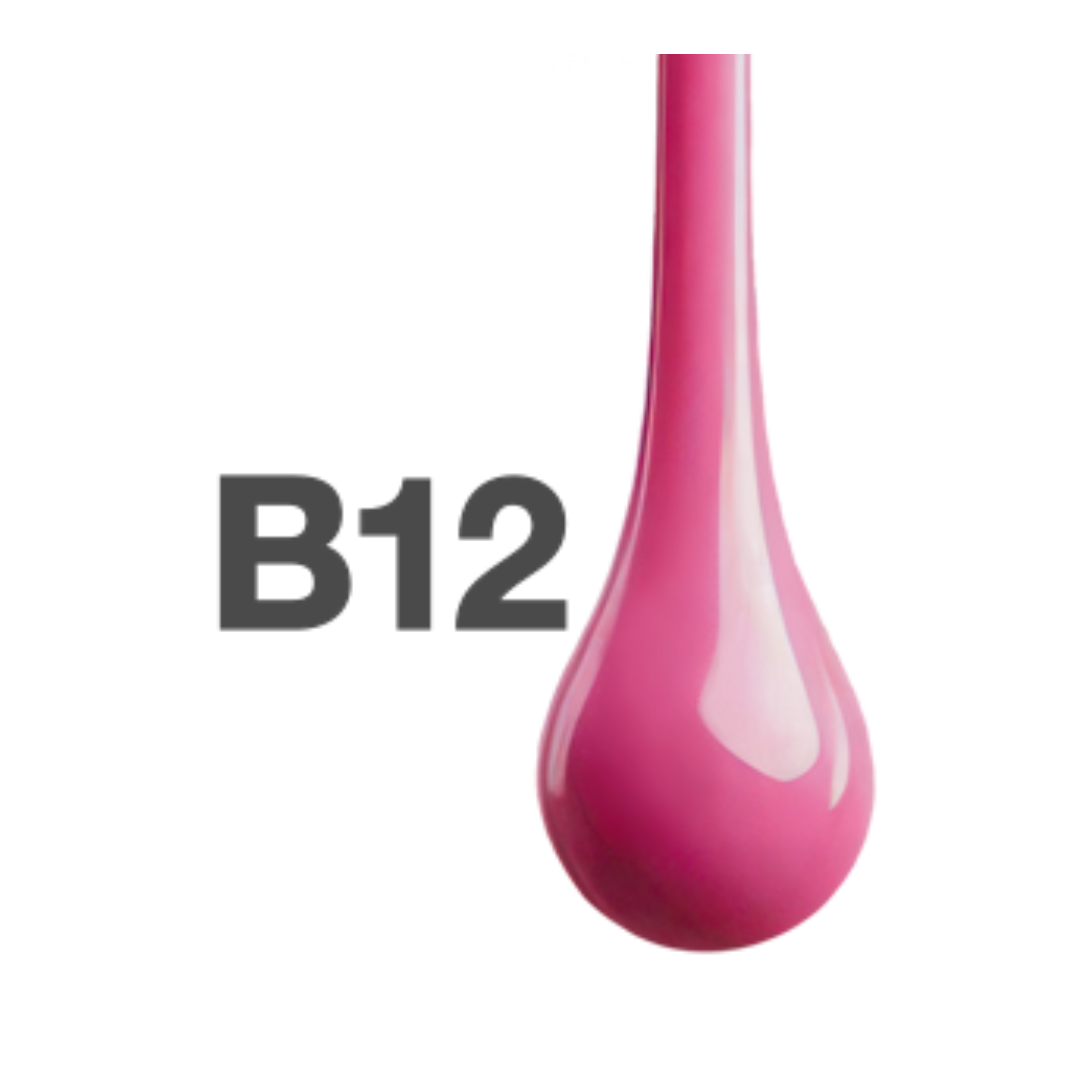Sensitive Teeth: Causes and Treatment
Sensitive teeth are a common experience for many people. It happens when your teeth feel sore or sensitive after eating something sweet, sour, or very cold. Up to 25% of adults are familiar with this issue.
Regular dental check-ups are essential for detecting early signs of enamel damage and preventing sensitivity.
Let’s explore how to manage and prevent sensitive teeth.
Table of contents
What Are Sensitive Teeth?
Sensitive teeth occur when there are rapid temperature changes in your mouth or when consuming certain foods. Acidic, sweet, or very cold things often make your teeth react with a sharp or stinging sensation.
This is due to the exposure of the tooth nerve through openings in the enamel or receding gums. Using a hard toothbrush or incorrect brushing technique can also lead to this problem by wearing away the protective layer of your teeth.
Treating these discomforts focuses on covering these openings and strengthening the enamel. Fluoride varnish and special toothpastes with extra fluoride are often recommended to reduce sensitivity.
It is important to choose a soft toothbrush and apply proper brushing techniques to avoid further damage to the gums and enamel.
Causes and Risk Factors for Sensitive Teeth
Gum recession often exposes the tooth necks, creating a direct path for cold, heat, sweet, or sour substances to stimulate the nerves inside the teeth, leading to sensitivity.
Acid damage from sodas and energy drinks is also a major culprit, especially among young people. These drinks erode the enamel on teeth, making them more susceptible to sensitivity.
Regular dental visits can help spot early signs of enamel damage.
Other factors include dry mouth, which can intensify sensitivity since a lack of saliva allows acids and bacteria to attack the teeth more easily. Damage to teeth from accidents or eating disorders can also contribute to the problem.
Furthermore, bad habits like frequent coffee consumption or using whitening products increase the risk of developing sensitivity. A carefully maintained oral environment is strongly recommended to reduce the risk of sensitivity.
Symptoms and Consequences of Sensitive Teeth
Many people experience sudden pain when consuming hot or cold drinks, a clear symptom of sensitive teeth. This sensitivity can also occur when eating sweet or sour foods.
Sensitivity often signals that something is wrong with the health of your teeth. The consequences of untreated sensitivity range from mild discomfort to severe dental problems, such as cavities.
These conditions may require treatment from a specialist dentist, possibly involving root canal therapy or other procedures.
Good oral hygiene can prevent many of these issues. It is recommended to use toothpaste with high fluoride content and practice proper brushing techniques to reduce the risk of sensitivity.
Reducing acidic food and drink can also contribute positively. Without proper prevention and treatment of persistent sensitivity, gums may recede further, exposing tooth roots more and increasing sensitivity.
This underscores the importance of regular dental visits to keep dental problems in check and ensure a healthy mouth.
Treatment and Prevention of Sensitive Teeth
Sensitive teeth can be treated and prevented by following these recommendations:
1. Use toothpaste and mouthwash specifically designed for sensitive teeth to help reduce sensitivity.
2. Your dentist may recommend fluoride treatment to strengthen the enamel and reduce sensitivity.
3. To prevent sensitivity, it is important to treat cavities, as tooth decay can cause sensitivity.
4. Avoid acidic beverages and foods, and use a soft toothbrush and correct brushing technique to prevent sensitivity.
5. In cases of periodontal disease, your dentist may recommend comprehensive treatment, including cleaning and possibly surgery, to reduce tooth sensitivity.
6. Frequent teeth whitening should be avoided to prevent extreme sensitivity.
7. Regular dental visits are an effective way to avoid sensitive teeth and sensitivity, as any problems can be examined and treated.
FAQ
Why do I get sensitive teeth?
You may experience sensitive teeth for various reasons, including exposure to acidic food and drink, bacterial attacks, or pregnancy. These factors can lead to temporary sensitivity or constant sensitivity.
What can be done to treat sensitive teeth?
To treat sensitive teeth, you can use special toothpaste designed for sensitive teeth, avoid acidic food and drink, and maintain good oral hygiene to combat bacterial attacks. It is also important to visit a dentist for the right treatment.
Can toothpaste really help with sensitive teeth?
Yes, choosing a toothpaste specifically developed for sensitive teeth can reduce sensitivity by strengthening the enamel and reducing sensitivity to external influences.
Are there special tips for pregnant women with sensitive teeth?
Pregnant women often experience sensitive teeth due to hormonal changes. It is recommended that pregnant women increase their oral hygiene, avoid acidic food and drink, and consult their dentist for safe treatment options during pregnancy.
Can sensitivity go away?
Yes, sensitivity in teeth can often decrease or disappear when the underlying cause is addressed. This may involve using toothpaste for sensitive teeth, fluoride treatments, or dental treatments such as applying varnish or fillings to protect exposed tooth roots or repair cavities causing the sensitivity.





